Training, consultancy and research
The shift to electrification through renewable energy sources such as wind and solar power is critical to achieving net zero carbon emissions by 2050. This transition is also central to the UK government’s industrial strategy, including clean growth and the future of mobility.
What does this mean for your organisation? There’s no one-size-fits-all approach, and with rapidly evolving technology, policy frameworks, and financial landscapes, it’s easy to fall behind. At NTU, we understand the need to invest wisely and strategically, ensuring your business remains future-ready.
Our experienced engineers, scientists, and product designers work in collaboration with policymakers and industry leaders across both the public and private sectors to support this transition. From expert consultancy to collaborative research, we help organisations of all sizes make informed decisions, develop innovative solutions, and maximise both commercial and environmental benefits.
Get in touch
Contact us to learn how we can help your organisation transition to renewable energy using our contact form or by calling us on +44 0115 848 4297.
Tailored support for your business
Transition to renewable energy on your premises
Leverage expertise from leading academics to develop a customised energy transition plan. Our solutions include:
- Developing a clear roadmap for onsite renewable energy generation, including assessing the technological and commercial feasibility of various approaches (such as biomass) tailored to your unique needs.
- Exploring opportunities for carbon capture in your energy generation and industrial processes while renewable energy systems are developed.
- Research collaborations to implement and refine these solutions.
- Consultancy and contract research into the social systems and policies required to support decentralised energy systems of the future.
Supporting the transition to electric fleets and EV charging infrastructure
The automotive industry is undergoing a major transformation, with evolving technology, infrastructure, and policies. A long-term strategy is essential for electrifying fleets of all sizes. Our engineering and computing experts offer:
- Feasibility studies, including analysis of your organisation’s charging requirements and an assessment of the technological and commercial feasibility of different approaches, with recommendations tailored to your needs.
- Further research collaborations to advance the design and implementation of EV charging networks.
- Research and consultancy on cybersecurity solutions for smart EV charging networks and operational technology, including proof of concept testing, theoretical verifications, and solution development.
Energy systems and local energy communities
Our researchers support the development of local energy communities, enabling individuals, organisations, and other stakeholders to collectively produce, consume, manage, and trade renewable energy.
Our team specialises in distributed renewable energy systems, energy storage solutions, and advanced optimisation technologies such as machine learning. We work closely with community energy projects, local governments, utilities, and energy companies.
Support includes:
- Feasibility assessments and system design.
- Research collaborations to develop new energy systems and community initiatives.
Our experts in action
Challenge accepted: Dr. Vahid Vahidinasab
Dr. Vahid Vahidinasab, Associate Professor of Sustainable Power and Energy Systems at NTU, is passionate about empowering people to manage their own energy use through innovative technologies like rooftop solar panels and energy storage. Leading a €10.5 million Horizon Europe project, Dr. Vahidinasab collaborates with industry and academia across Europe to enable seamless integration of electric vehicles into urban energy systems, helping drive the transition to a Net Zero future.
Industry-leading expertise
Our consultancy services give you access to cutting-edge research in energy and renewables. Collaborate with our team of specialists, including:
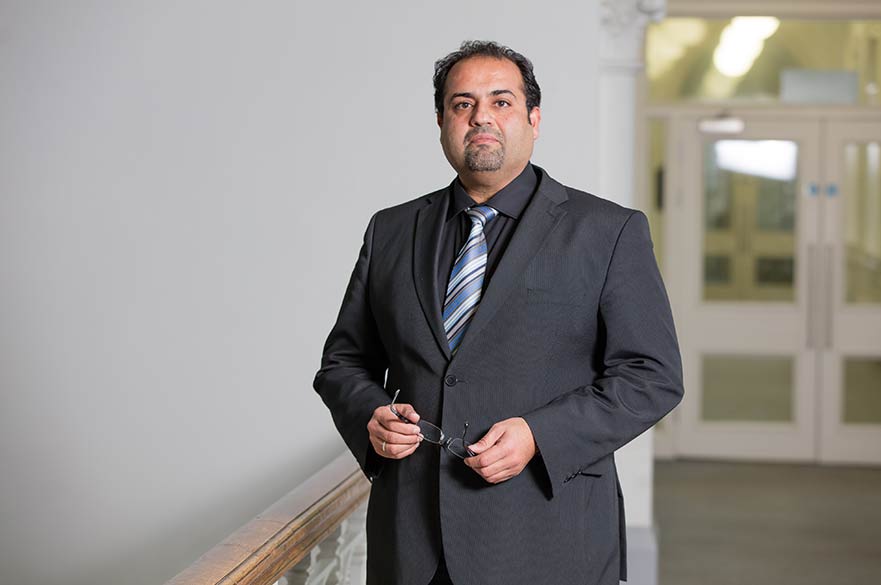
Professor Amin Al-Habeibeh
Intelligent Engineering Systems | Product design
Academic lead of the NTU’s Product Innovation Centre, Innovative and Sustainable Built Environment Technologies research group, and the Advanced Design and Manufacturing Engineering Centre. National director of Doctoral Training Alliance for Energy.
- Energy
- Artificial intelligence and Automation
- Product design and manufacturing
- Sustainability
- Condition monitoring
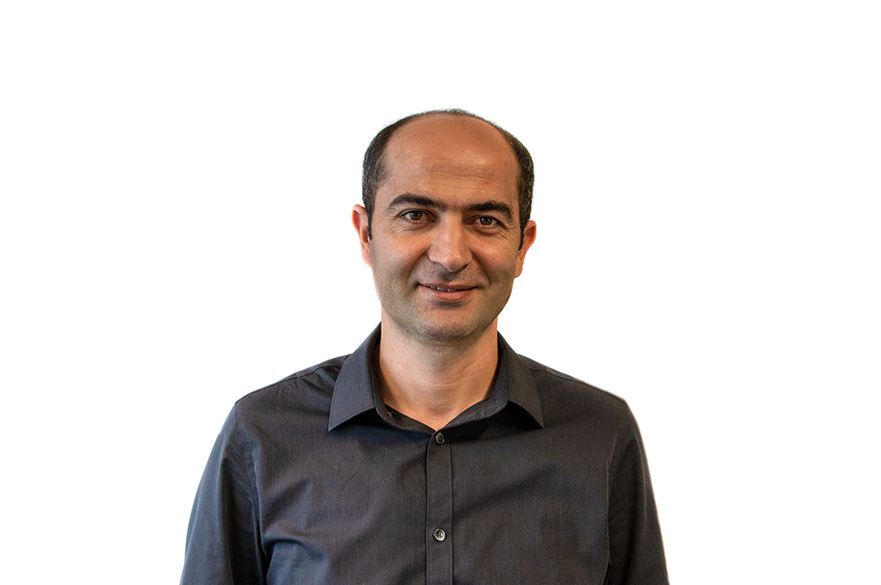
Dr Nuh Erdogan
Energy transition & transportation electrification | Engineering
- Renewable energy
- Plug-in electric vehicle technologies
- Electricity grid integration
- Electrical drive system real-time modelling, control and testing
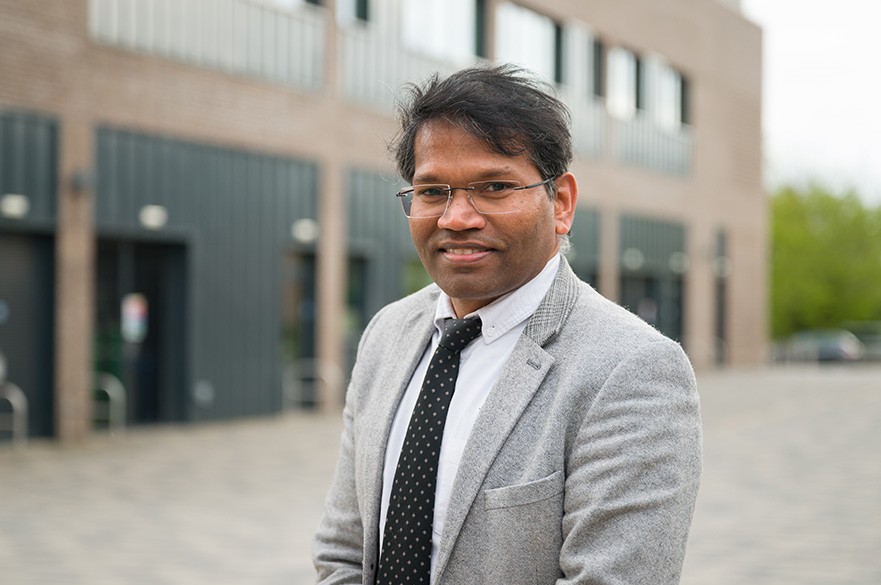
Dr Omprakash Kaiwartya
Connected and autonomous vehicle research | Computer science
- Cyber security and network systems (CyberNets)
- Connected and autonomous vehicles
- Electric vehicles charging networks
- Internet of Things (IoT)
- Drone networking
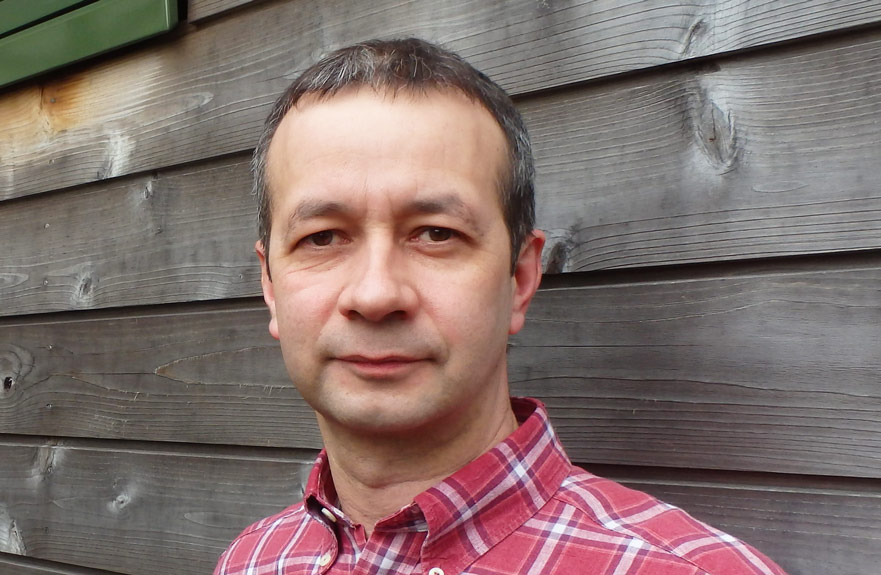
Professor Gavin Kilip
Energy transition as a socio-technical system challenge | Built environment
- Socio-technical systems
- Diffusion of innovation
- Multiple benefits of energy efficiency
- Governance and policy for decarbonisation
- Decarbonisation of heating
- Energy demand in the built environment
- Real-world building performance
- Construction industry culture & practices
- Business models & supply chains
- Skills & jobs in a zero carbon economy
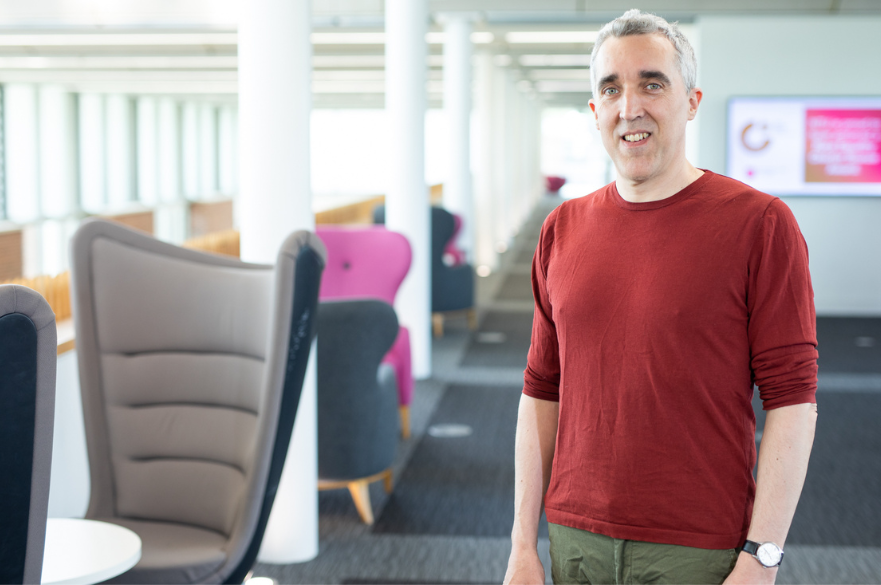
Dr Tom Rogers
Sustainable energy systems | Engineering
- Sustainable energy engineering
- Climate-resilient renewable energy systems
- Distributed solar PV mapping
- Transitioning energy systems to 100% renewable
- Use of digital twins to identify renewable potential quickly
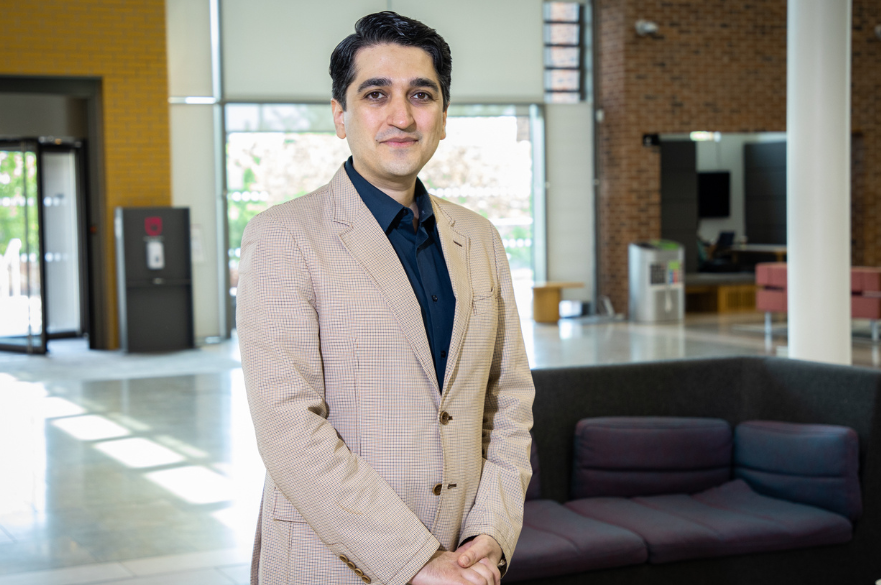
Dr Vahid Vahidisinab
Sustainable power & energy systems | Engineering
- Local energy communities
- Smart grids, microgrids and nanogrids
- Integration of renewable distributed energy systems
- Power and energy systems modelling, operation and planning
- Energy markets and transactive energy
- Energy systems integration
- Vehicle-for-Everything (V4X)
A world top 2% most influential scientist in the field of energy (2022), Dr Vahid Vahidisinab is a research and innovation leader with two decades of experience in academia and industry.
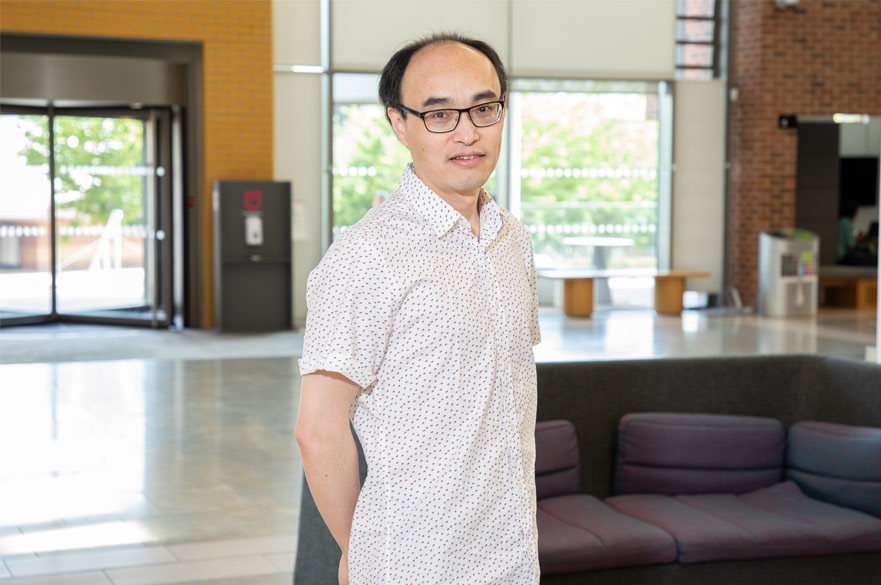
Dr Wenbin Zhang
Sustainable energy technologies | Engineering
- Carbon capture, storage and utilisation (CCUS)
- Industrial decarbonisation
- Bioenergy production and utilisation
- Computational simulation
Success stories: driving innovation in energy decarbonisation
Explore how our tailored solutions have delivered impactful results for our partners.
Harnessing Water from Abandoned Coal Mines
NTU researchers have developed an innovative technology that harnesses water from abandoned coal mines to create green, sustainable energy for homes and businesses. By introducing Ground Source Heat Pumps into these mines, warm water can be extracted and cooler water re-injected, enabling an efficient heating solution for buildings. This approach is compatible with various heating technologies and can often be integrated with existing infrastructure, offering a cost-effective solution to a complex challenge. The team is actively seeking further collaborations with key partners to advance the use of coalmine water for heating systems. Find out more here
Securing EV Charging Networks with JMVL Ltd
NTU and JMVL Ltd are partnering on an Industrial Research Project (2022–2025) to strengthen the security framework for EV smart charging networks. This collaboration combines NTU’s expertise in EV charging management with JMVL’s software and middleware development capabilities to enhance security, supporting a seamless transition to electric vehicles across the UK.
Find out more about our research into sustainable energy
Sustainable Energy Systems
Sustainable energy is crucial for the future of the UK, as it will help reduce carbon emissions and preserve the environment for future generations. This research group focuses on developing sustainable energy solutions to support the UK Government's objectives of achieving net-zero carbon emissions by 2050.
Centre for Sustainable Construction and Retrofit
The Centre for Sustainable Construction and Retrofit offers insights into the sustainability in the built environment, specifically how the net-zero by 2050 target presents a huge challenge to the construction sector, which accounts for up to 50% of carbon emissions.